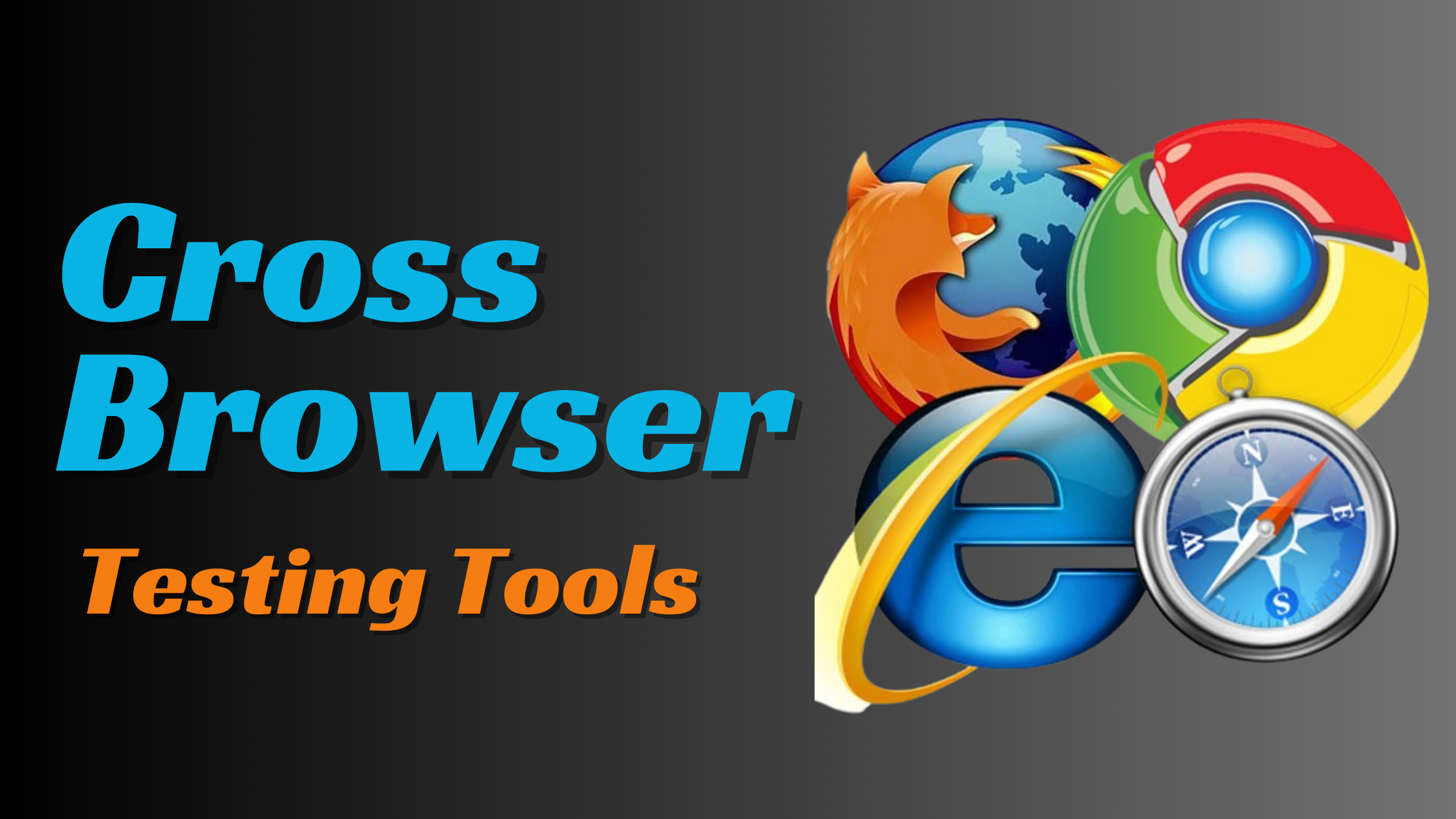Best 12 Cross Browser Testing Tools to Know
- 1 Top 12 Cross-Browser Testing Tools
- 1.1 TestSigma
- 1.2 LambdaTest
- 1.3 BrowserStack
- 1.4 Selenium WebDriver:
- 1.5 CrossBrowserTesting:
- 1.6 Sauce Labs:
- 1.7 TestComplete:
- 1.8 Applitools:
- 1.9 Ghost Inspector:
- 1.10 Ranorex:
- 1.11 Telerik Test Studio:
- 1.12 W3C WebDriver:
- 2 Conclusion
Cross-browser testing is a critical aspect of web application quality assurance. With numerous browsers and constant updates, thoroughly testing web apps across browsers helps ensure a consistent user experience and identify bugs specific to certain browsers.
Comprehensive cross-browser testing is essential to deliver a seamless experience for end users on the browsers and devices they prefer. However, manually testing web applications across multiple browsers is highly time-consuming. Many robust tools are available to assist with automated and manual cross-browser testing. These tools help streamline validation across browsers by reducing the effort required to configure and execute tests.
Top 12 Cross-Browser Testing Tools
There are both open-source and commercial solutions to evaluate that optimize the cross-browser testing process.
Here are three of the best cross-browser testing tools to consider leveraging:
TestSigma
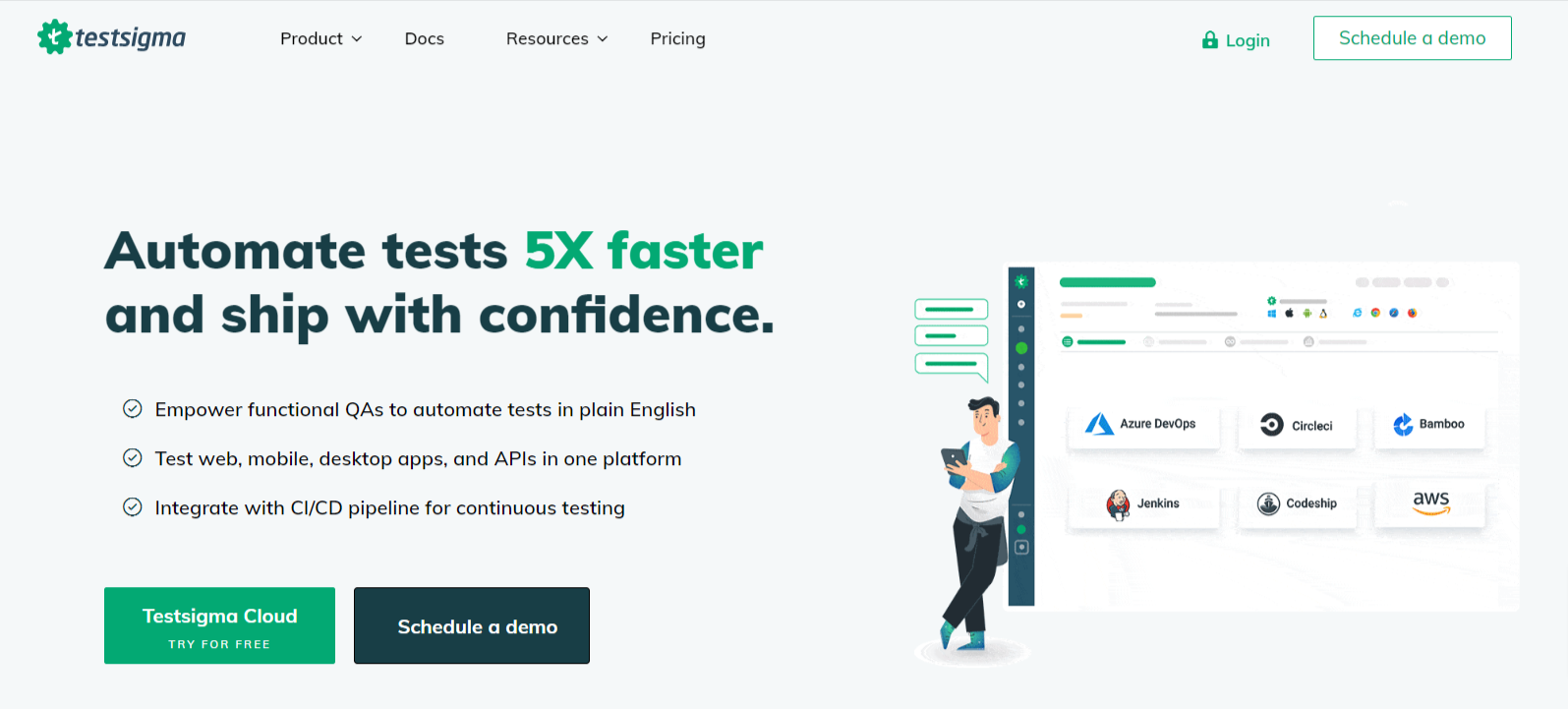
TestSigma is an intelligent automation platform that makes cross-browser testing seamless. It supports automated testing across 2000+ real browser and OS combinations. TestSigma’s smart test recorder generates scripts while you manually test. These scripts can then be augmented and executed across browsers and devices in parallel. The platform identifies and adapts scripts for dynamic elements. TestSigma also enables manual live testing on real mobile and desktop browsers. Robust reporting provides insights into cross-browser coverage and pass rates.
LambdaTest
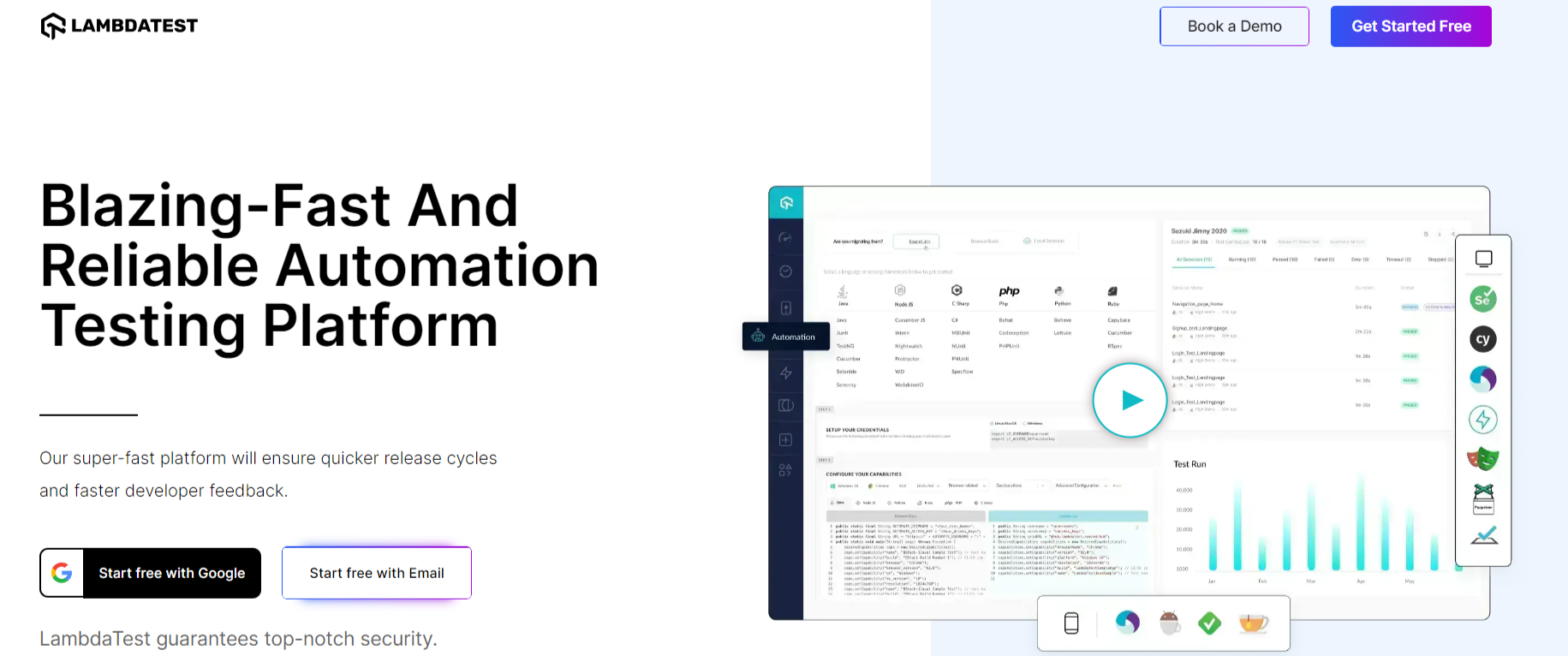
LambdaTest is a cloud-based cross-browser testing platform. It allows manual and automated browser tests on a scalable, online selenium grid. LambdaTest supports one-click testing on over 2000 different browser and operating system environments. Users can perform live interactive testing on real browsers via the LambdaTest dashboard. The platform integrates with popular CI/CD and test management tools. LambdaTest offers functional collaboration capabilities for distributed teams.
BrowserStack
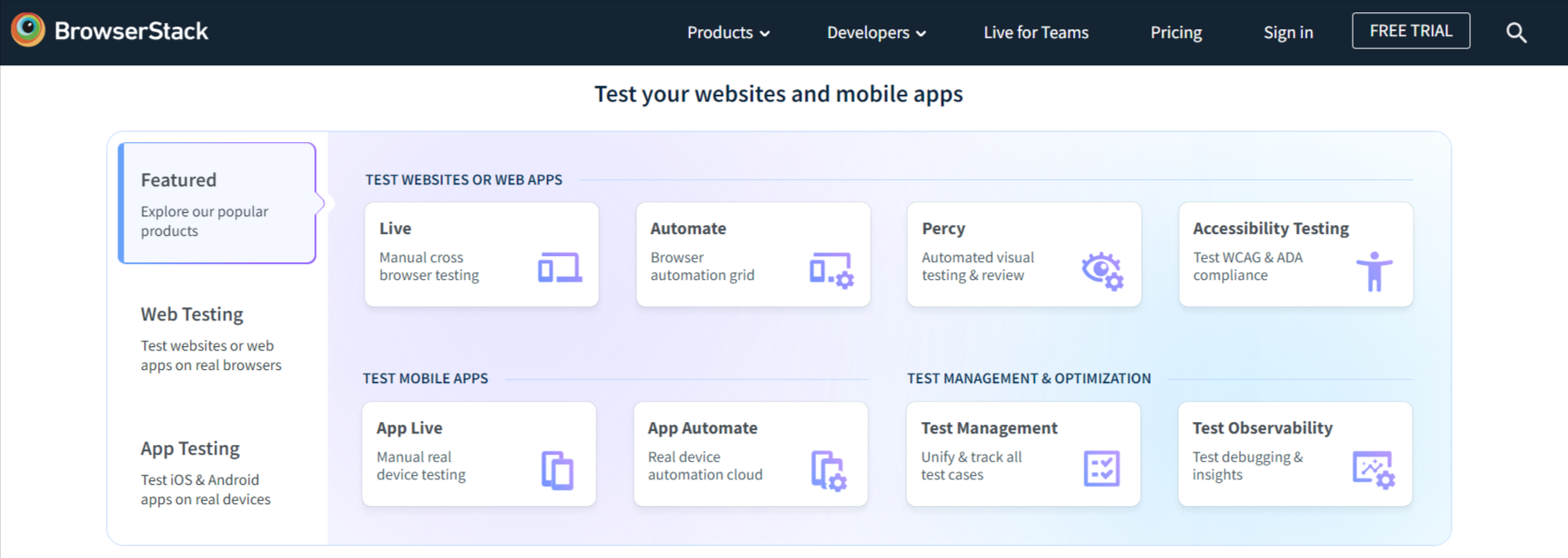
BrowserStack is a longstanding tool for cross-browser testing of web and mobile apps. Users can manually test or debug apps across real mobile and desktop browsers in the cloud. BrowserStack offers capabilities for automated testing, with integrations for test automation frameworks like Selenium and Appium. Visual issue reporting helps developers reproduce and fix bugs. BrowserStack supports testing localized experiences by letting you spoof locations and simulate network conditions. Robust collaboration features enable team members to track testing progress.
Selenium WebDriver:

Selenium WebDriver is a powerful open-source tool for automating browser interactions. It supports various programming languages like Java, Python, C#, etc. Selenium WebDriver allows testers to write scripts that run on multiple browsers, making it an excellent choice for cross-browser testing. It supports popular browsers such as Chrome, Firefox, Safari, and Internet Explorer.
CrossBrowserTesting:
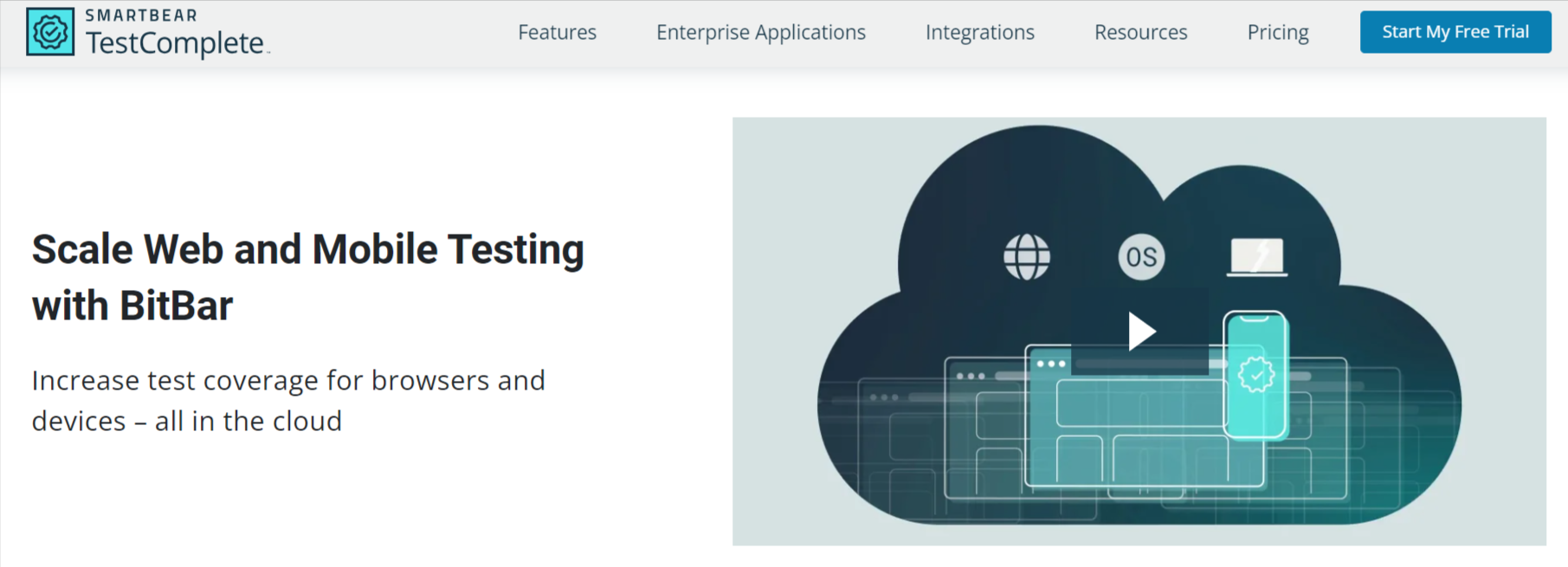
CrossBrowserTesting, by SmartBear, is a cloud-based tool that provides an extensive selection of real browsers and devices for testing. It enables users to run manual and automated tests on different browsers simultaneously, helping identify and fix compatibility issues efficiently. CrossBrowserTesting supports Chrome, Firefox, Safari, Edge, and Internet Explorer browsers.
Sauce Labs:
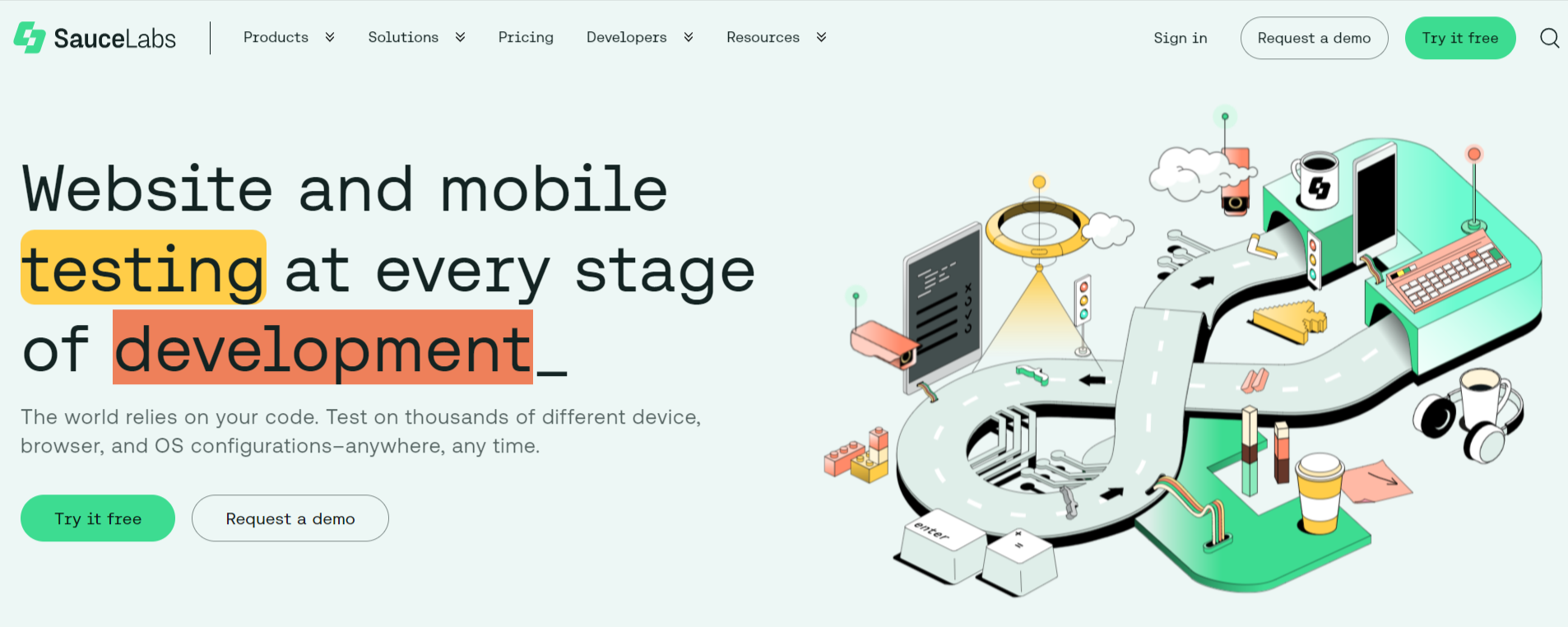
Sauce Labs is a cloud-based testing platform that offers a scalable and secure environment for cross-browser testing. It supports many browsers and operating systems, allowing testers to ensure their web applications work seamlessly across various configurations. Sauce Labs provides integration with popular test frameworks and continuous integration tools.
TestComplete:

TestComplete is a comprehensive automated testing tool that supports cross-browser testing among its features. It allows users to create and execute tests on various browsers, ensuring consistent performance across different platforms. TestComplete supports popular browsers like Chrome, Firefox, Edge, and Internet Explorer, providing manual and automated testing features.
Applitools:
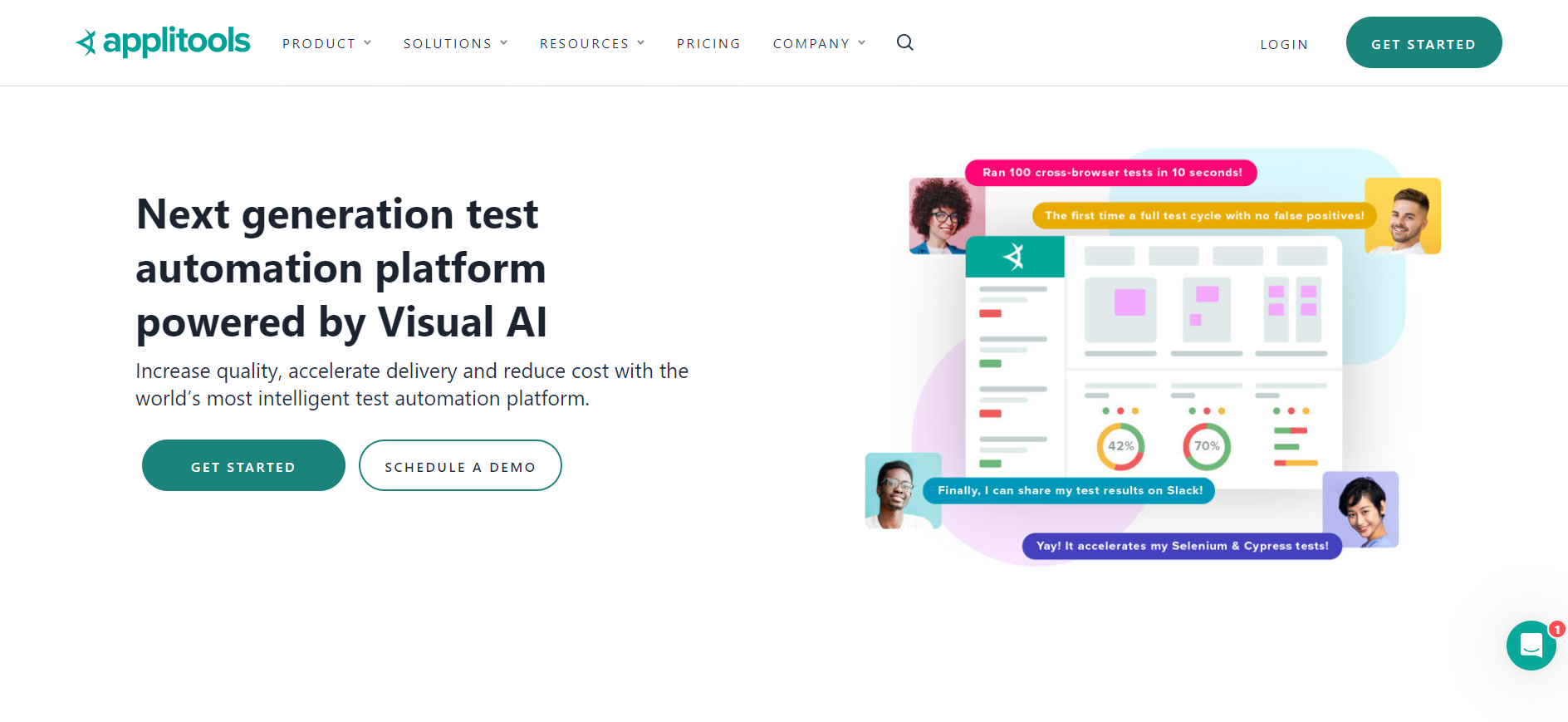
Applitools is an AI-powered visual testing and monitoring tool that detects visual discrepancies across browsers and devices. It automatically validates the visual aspects of web applications, ensuring consistency in appearance and layout. Applitools supports various browsers, allowing testers to catch visual bugs that might go unnoticed through traditional testing.
Ghost Inspector:

Ghost Inspector is a cloud-based automated testing tool specializing in cross-browser and cross-device testing. It allows users to create and execute tests through a simple point-and-click interface, making it accessible to technical and non-technical users. Ghost Inspector supports multiple browsers, helping ensure the functionality of web applications across diverse environments.
Ranorex:
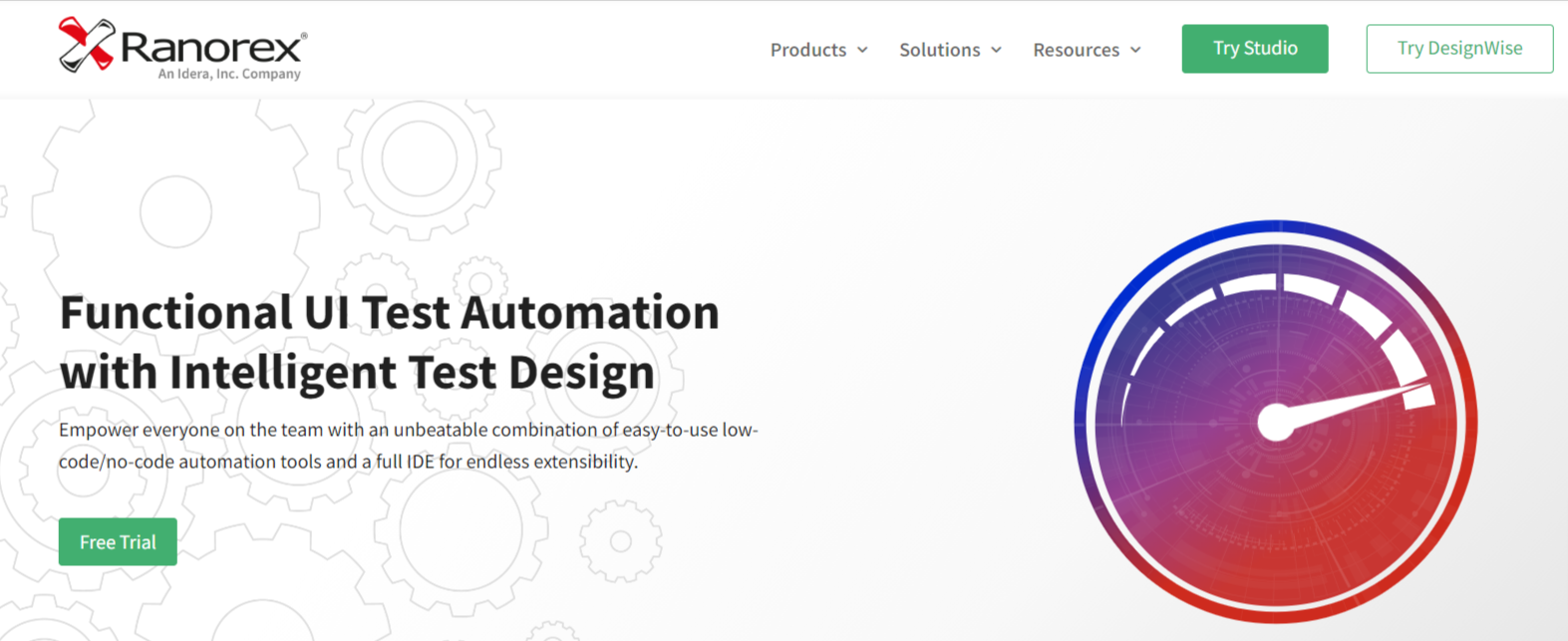
Ranorex is a comprehensive test automation tool that supports cross-browser testing. It provides a user-friendly interface for both codeless and code-based test creation. Ranorex supports popular browsers like Chrome, Firefox, Edge, and Internet Explorer, enabling testers to validate the functionality of web applications across different browser environments.
Telerik Test Studio:
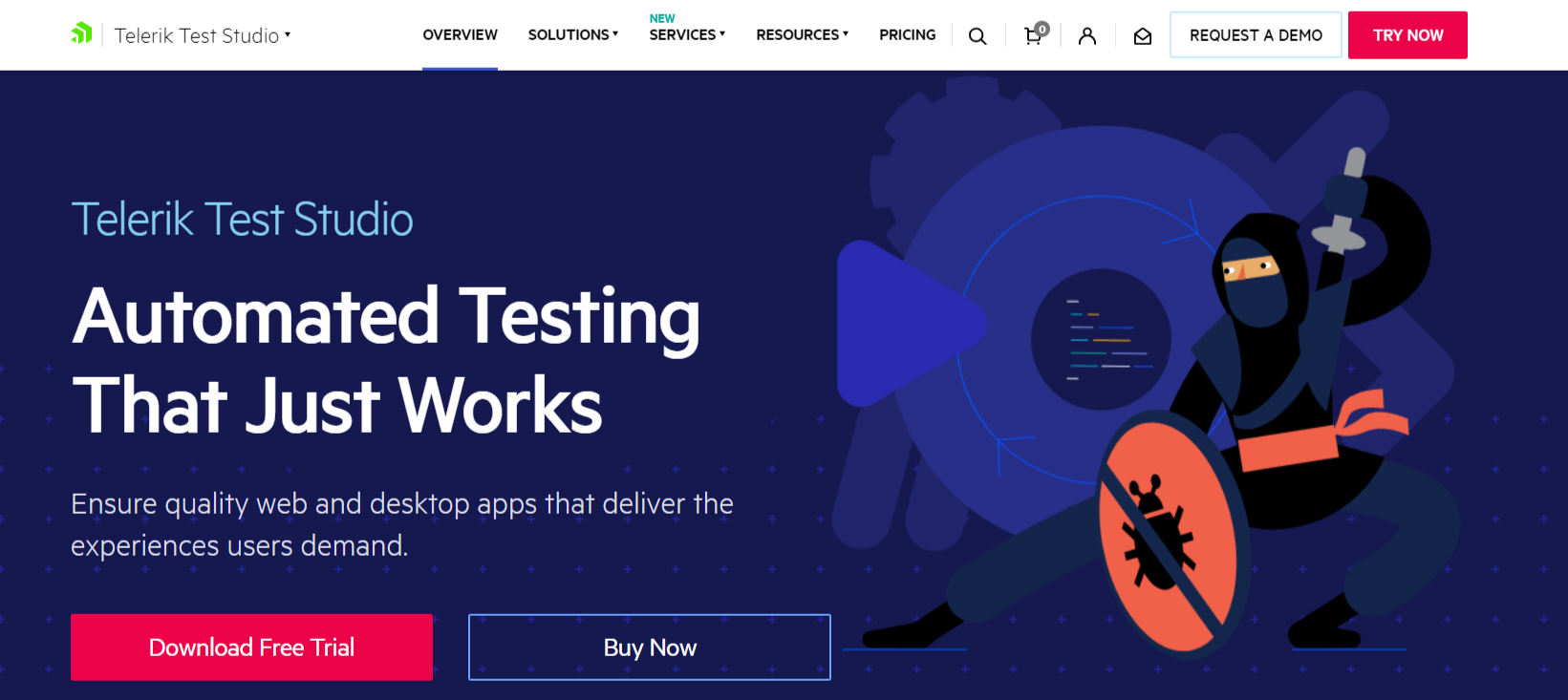
Telerik Test Studio is an automated testing tool that includes features for cross-browser testing. It offers a script-free test automation approach, making it accessible to testers with varying technical expertise. Telerik Test Studio supports testing on multiple browsers, helping ensure the compatibility of web applications across various browser configurations.
W3C WebDriver:

W3C WebDriver is a standardized protocol for browser automation, aiming to provide a consistent way to automate interactions with web browsers. While not a standalone tool, it is a specification that various browser vendors implement in their browser automation tools. W3C WebDriver ensures compatibility and consistency in automating browser interactions across different browsers that adhere to the standard.
These cross-browser testing tools cater to the diverse needs of testers and developers, providing a range of features from natural browser testing environments to cloud-based solutions, making identifying and resolving compatibility issues across different browsers and devices more accessible.
In summary, robust cross-browser testing is crucial for delivering quality web applications. The right mix of emulators and real browsers, automation integration, debugging capabilities, and collaboration features are essential when evaluating cross-browser testing tools. TestSigma, LambdaTest, and BrowserStack are three leading options with enterprise-grade support for manual and automated testing across various browsers, devices, and platforms. As web apps grow increasingly complex, leveraging tools purpose-built for simplified cross-browser testing will help QA teams move faster while catching more bugs.
Conclusion
With the proliferation of browsers, devices, and operating systems, comprehensive cross-browser testing is no longer optional. Investing in intelligent tools that maximize test coverage while minimizing the effort spent configuring tests pays dividends in releasing higher-quality web apps. Evaluating open-source and commercial solutions explicitly built for streamlined cross-browser testing tools will enable development teams to remove web applications faster without compromising quality.

